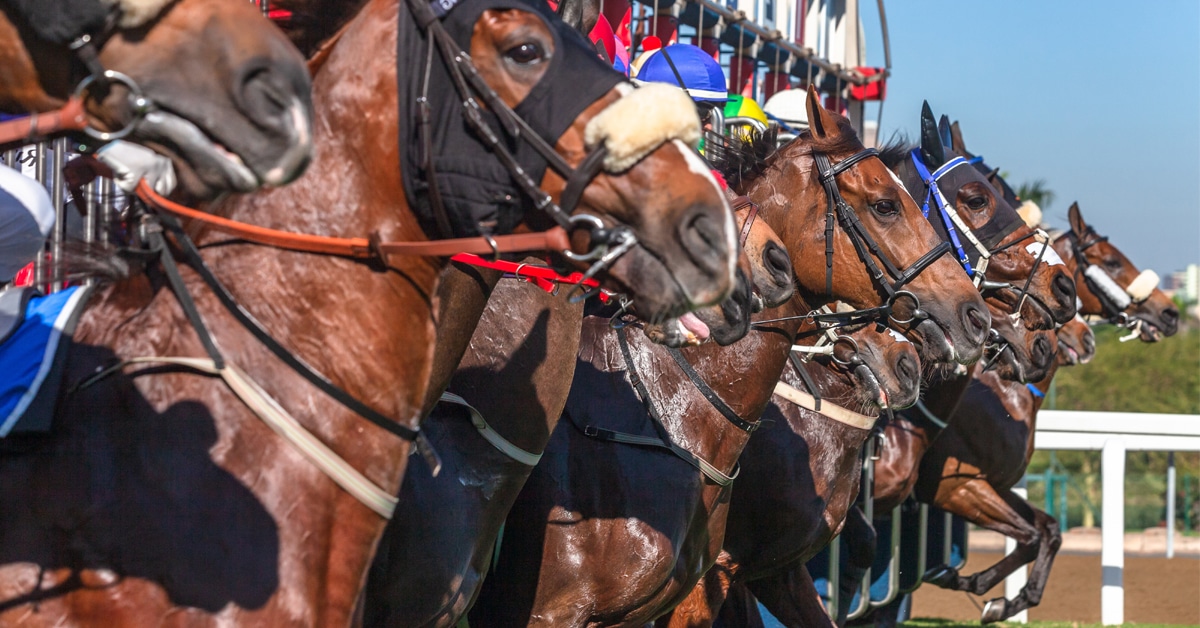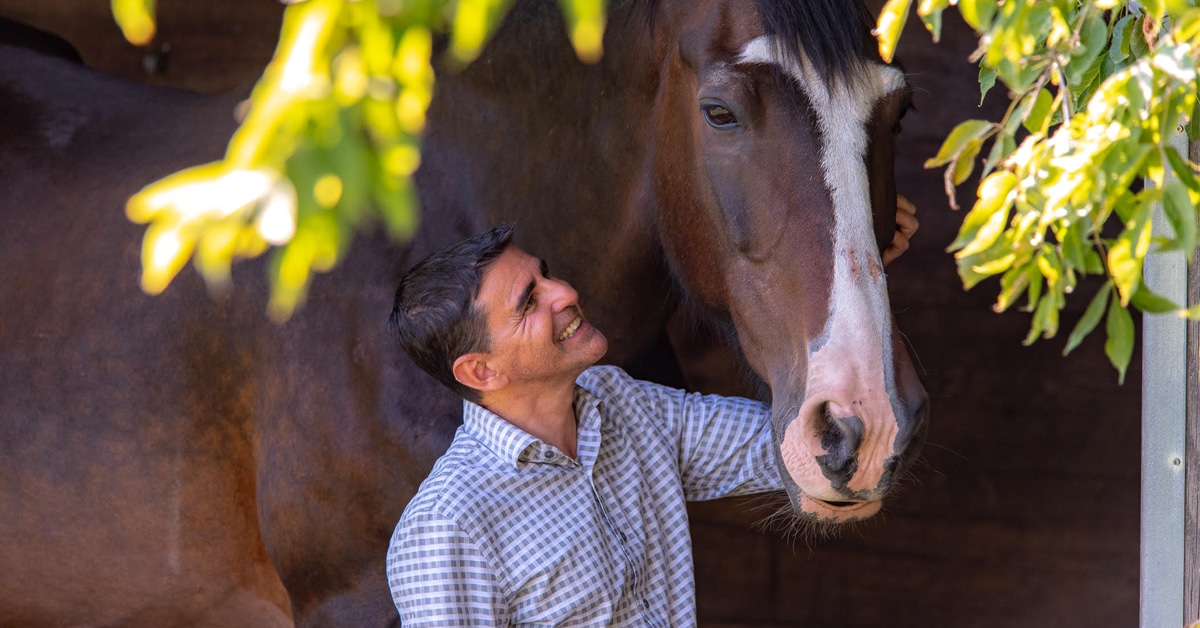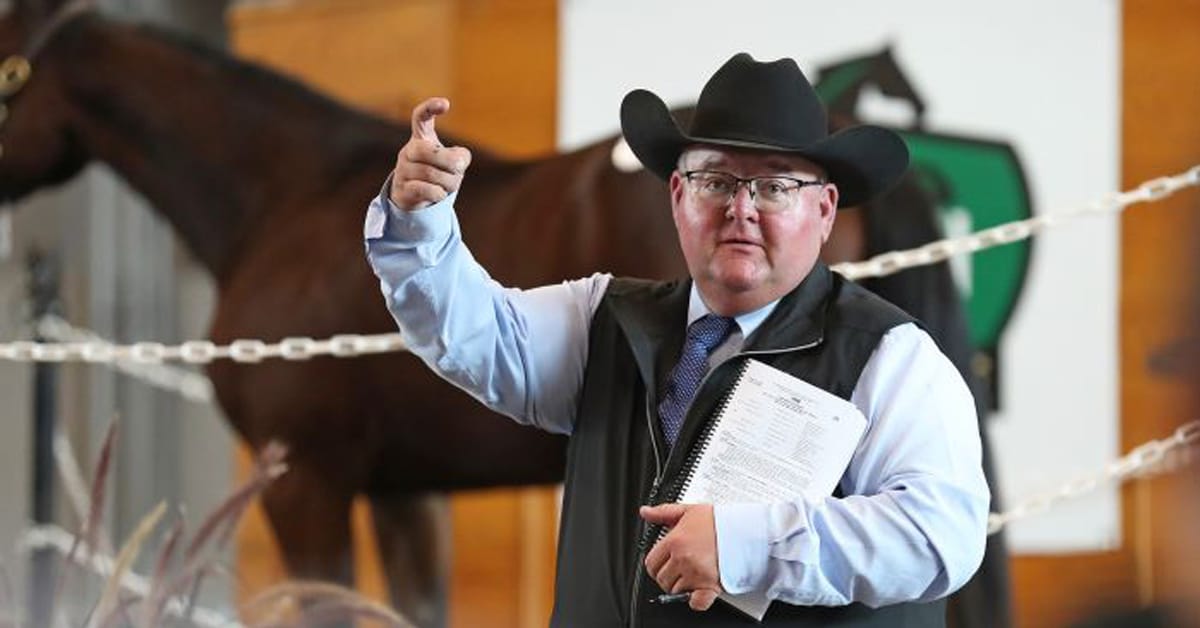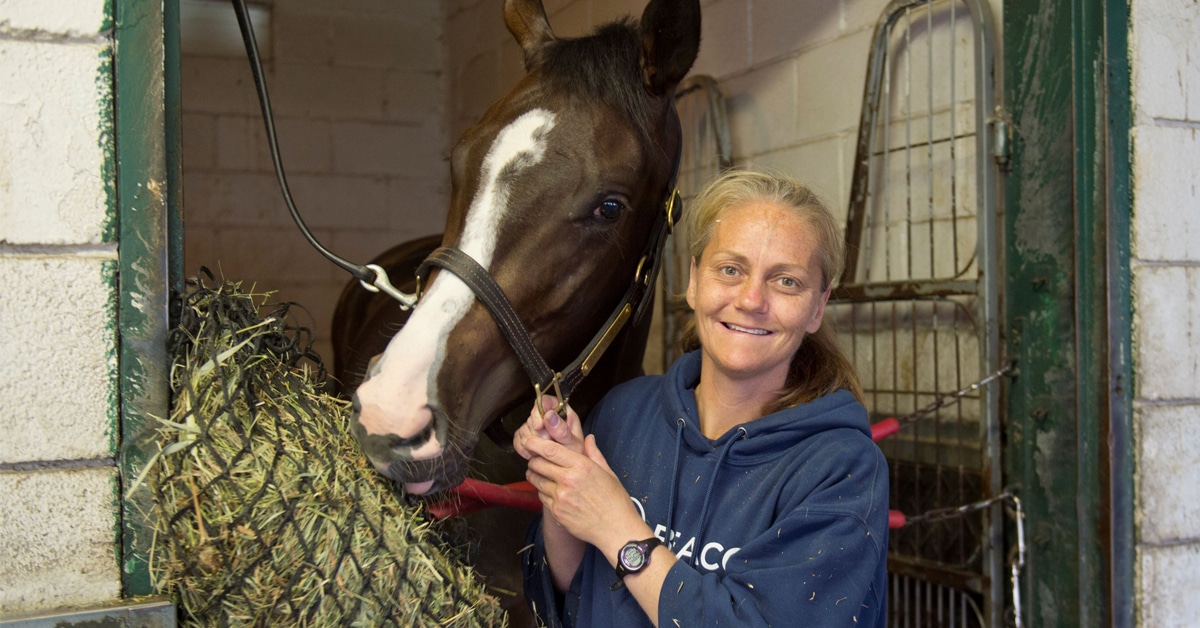Forty-one of 50 U.S. states have made dog racing illegal, Florida being the latest and most important state to do so.
On Nov. 6, over 5.4 million Floridians voted “yes” on Amendment 13, which will make it illegal to conduct dog racing as of Jan. 1, 2021. That represents 69 per cent of the 7.8 million Florida voters who participated in what Americans refer to as the “mid-term elections.” That easily surpassed the 60 per cent threshold needed for passage of a constitutional amendment.
Inasmuch as 11 of the 17 remaining greyhound tracks in the United States are located in Florida, this very nearly puts the sport out of business. Once dog racing in Florida ends, the only remaining tracks will be in Alabama, Arkansas, Iowa, Texas and West Virginia. I wouldn’t bet tracks in those states are going to last very long, either.
In the decade before the Florida vote, Arizona, Colorado, Massachusetts, New Hampshire and Rhode Island all made dog racing illegal. The dominos clearly are toppling.
This concerns a lot of people who may not necessarily be fans of greyhound racing, not the least of which are those who own, breed, train, work with or wager on thoroughbreds, standardbreds or quarter horses. They fear it could happen to them.
The ban on dog racing was pushed by GREY2K USA WORLDWIDE, an organization created in 2001 with the purpose of ending what it calls the “cruelty of dog racing” on a national and international basis.
GREY2K had an advertising war chest of $3.35 million and widespread support of other animal welfare organizations and politicians from both major political parties.
By comparison, opponents of Amendment 13 could only muster up $142,251 to support their cause. The Florida Association of Kennel Clubs, Tampa Bay Downs racetrack and over 90 greyhound adoption agencies opposed the amendment. So did the National Rifle Association, the Florida Cattleman’s Association and the Florida Farm Bureau.
What brought the NRA, Cattleman’s Association and Farm Bureau to oppose the measure was a clause in the preamble to the amendment stating: “The humane treatment of animals is a fundamental value of the people of the State of Florida.”
Those groups are concerned that extremists in the animal rights community could use the term “humane treatment” to block hunting, slaughter of cattle and pigs or livestock farms. Somewhat ameliorating that concern, however, was a Florida Supreme Court ruling saying that the term “fundamental value” does not have “independent legal effect.”
The truth is, Florida dog tracks today are nothing like they were back in their heyday when northern snowbirds filled the grandstand during winter months and Major League Baseball players such as Babe Ruth, Lou Gehrig and Mickey Mantle bet on “the pups” during spring training. Frank Sinatra frequented dog tracks in Miami and starred in the 1959 movie, “A Hole in the Head,” shot, in part, at the West Flagler Kennel Club.
Dog tracks now make more money simulcasting thoroughbred races or from their popular poker and card rooms. You’ll hear more cheering during the stretch run of a thoroughbred race from Gulfstream Park or New York than you hear during a live greyhound race.
South Florida dog tracks were permitted to add slot machines more than a decade ago and have actively supported a legislative measure to “decouple” their slots licenses from their dog racing licenses. Decoupling means they can end racing but keep their slots license. Florida legislators have come close to passing a decoupling bill for dog tracks, jai alai facilities and quarter horse and standardbred racing, but haven’t gotten quite enough votes yet to pass. So far, thoroughbred tracks have been excluded from decoupling legislation.
What helped build the momentum in Florida to end dog racing were a number of scandals that hit the news media throughout the state: abuse, neglect and allegations of inhumane treatment ranging from poor kennel conditions to failure to provide satisfactory veterinary care. A spike in positive drug tests accompanied those allegations of mistreatment.
Could horse racing be the next target of animal rights activists, in Florida and elsewhere? Of course it could. It can learn, however, from the demise of dog racing, by holding the sport and the treatment of its equine participants to the highest standards possible.
The Latest










